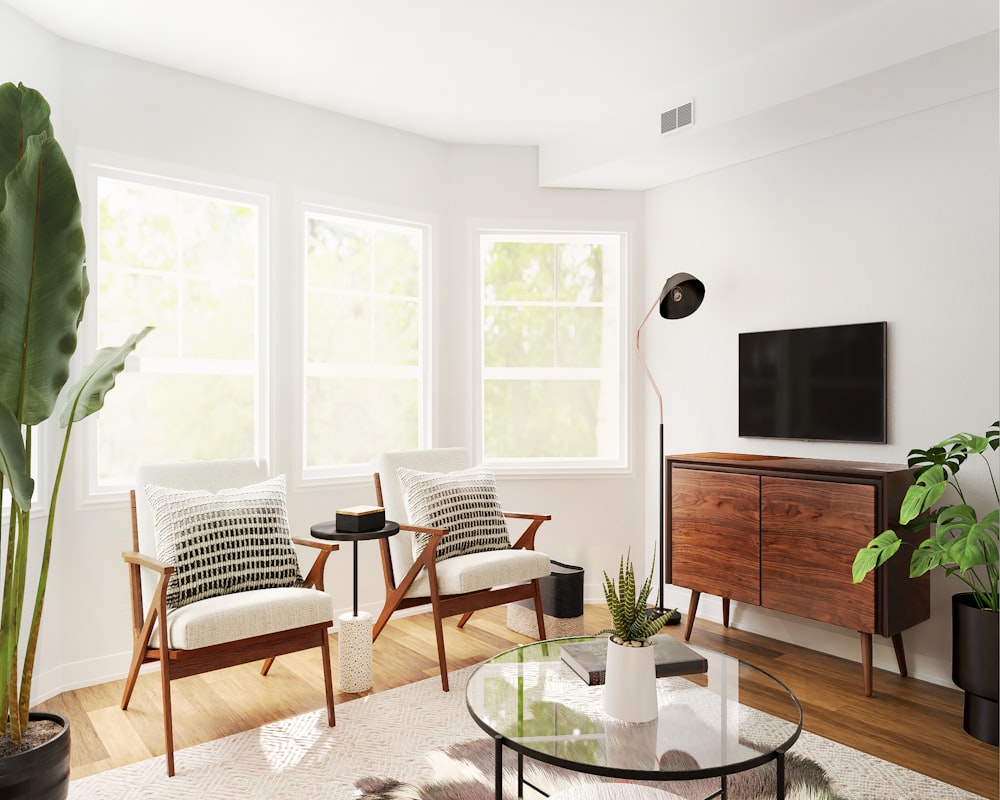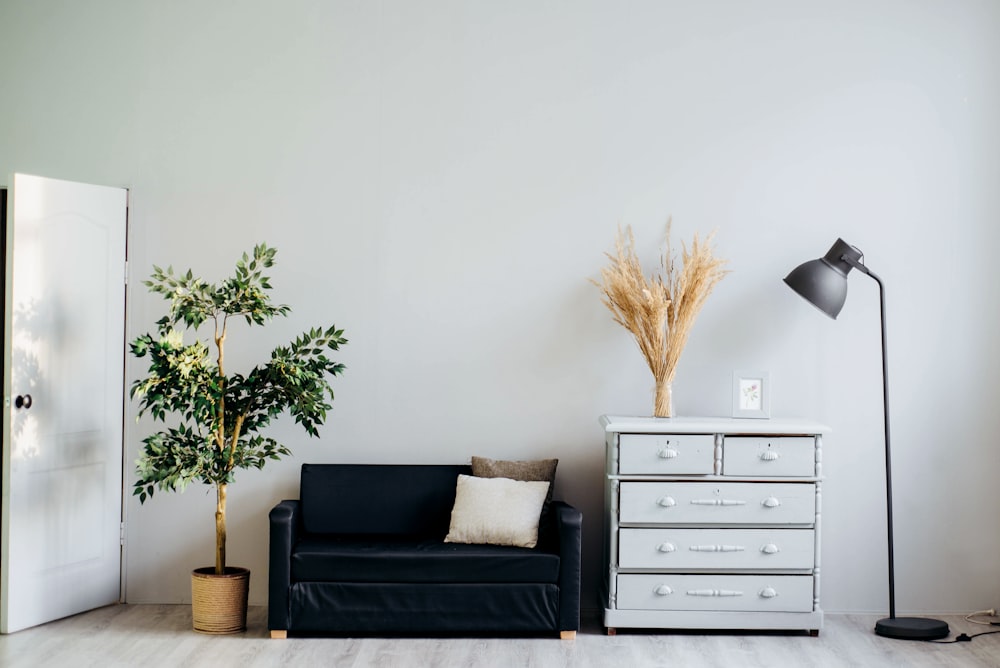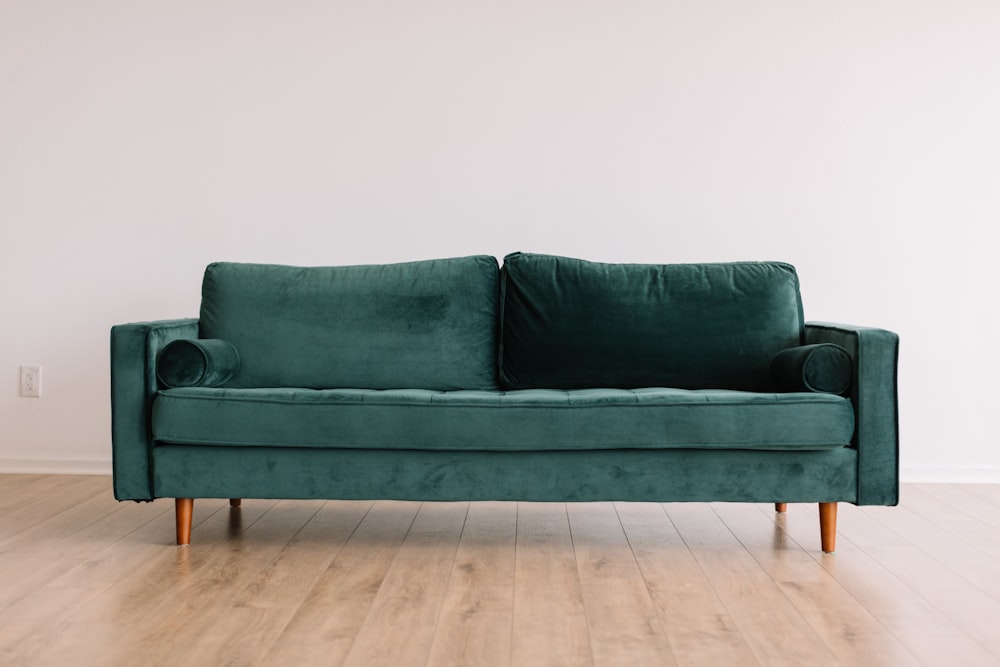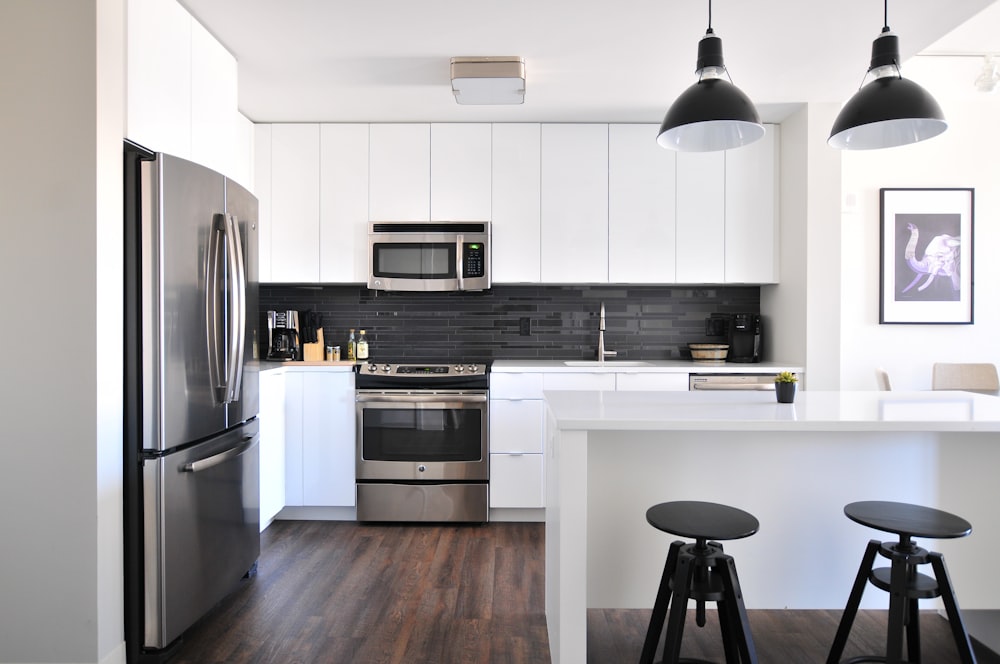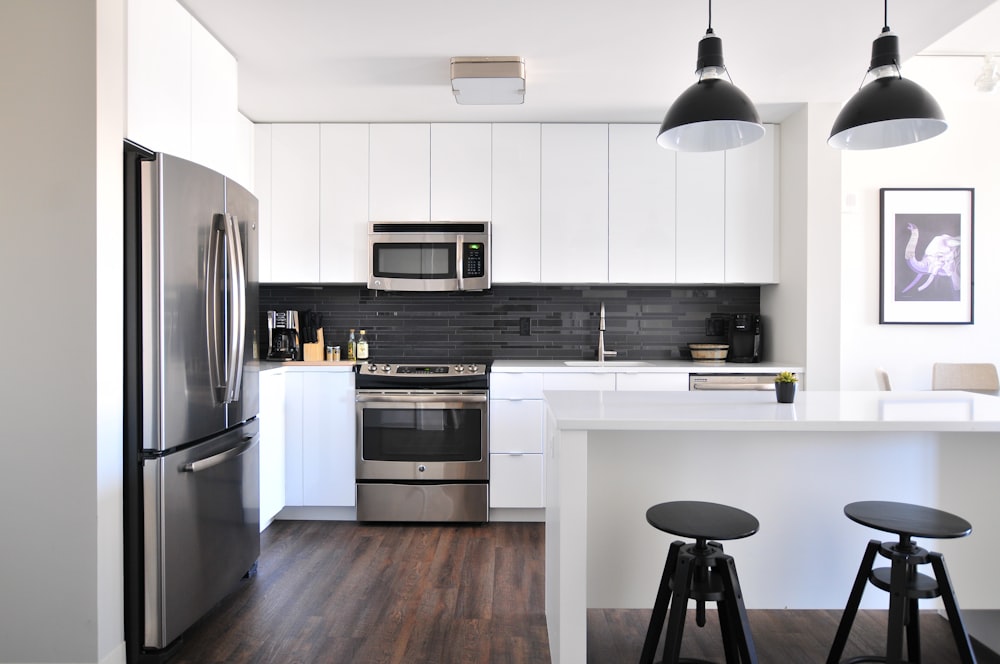Repatriation Tips – How to Avoid Depression When Moving Home
 Repatriation is a subject that is getting covered more and more, especially in the past year as the economy has forced many Expats to return home. Of course, other issues could force a return home – from divorce, to family illnesses and beyond.
Repatriation is a subject that is getting covered more and more, especially in the past year as the economy has forced many Expats to return home. Of course, other issues could force a return home – from divorce, to family illnesses and beyond.
The return “home” can often be harder than the original move. This is because Repatriates assume they are “returning home to the familiar” and are therefore unexpectedly surprised and dismayed to learn that they no longer feel at home in the place they may have spent most of their lives. Adapting to a new culture implies that you will shift perceptions and ideals in the process. So, what you once thought was familiar, will now feel foreign. And if you went from, say, living in the countryside, or on the beach and loved the outdoors and openness, and return to a big city full of tall buildings, the scenery itself could be an immediate source of disappointment every day.
If you are one of these people and decide that “home is no longer home” and you want to try and find another city that fits you better, here are a few tips, fresh from a coaching session I had recently, that can help you in the process:
As you think about places you might prefer to live, try not to focus on the cities themselves. In other words, if you decide that based on your needs, you think Austin, Texas or Sedona, Arizona would be a better place for you to live than your hometown of Washington, DC, you are setting yourself up for disappointment. Why? Because after you visit Austin and Sedona, if you decide you don’t like either, you can jump right into depression, and feel there is no place for you to live.
Instead of making a list of cities, make a list of qualities you need. For example, open space, within 20 miles of the beach, easy access to transportation, friendly people that greet passerby, etc. The more you can be in touch with the qualities that now make you happy, the more likely you will find what your seeking. The other benefit of this technique is that if you visit, say Austin and Sedona, and find you don’t like them as much as you thought, you can look at your list and better understand what’s missing – this, in turn, will keep you focusing on the future, and coming up with alternate cities to consider living in. Continuing to focus on your quality list will be very helpful in avoiding potential depression.
Try vision boarding – this is such a powerful tool. Use images to help you get in touch with your needs. You can share your vision board with your life coach, or with a good friend, and they can give you additional insights on what your images reflect.


